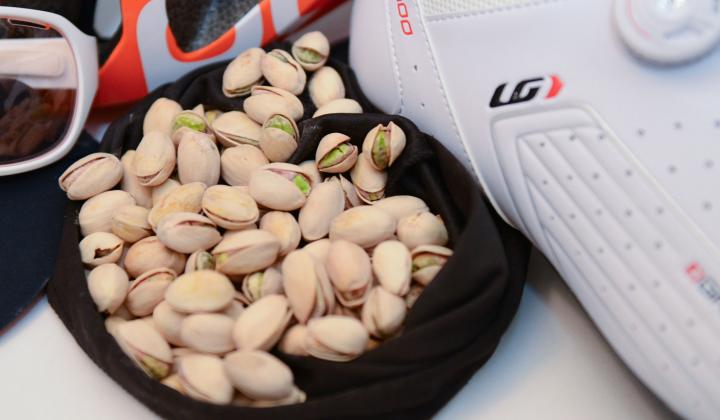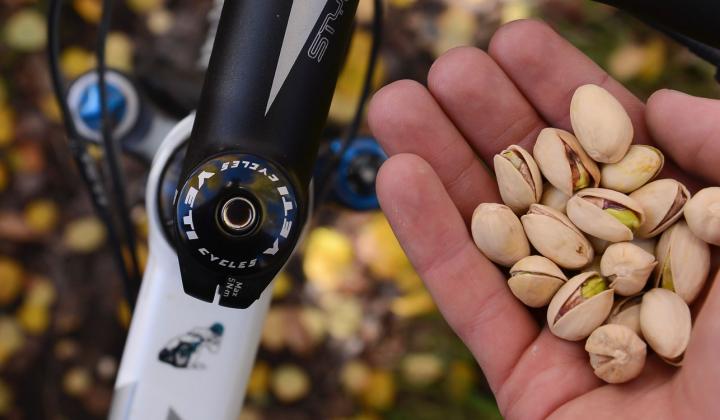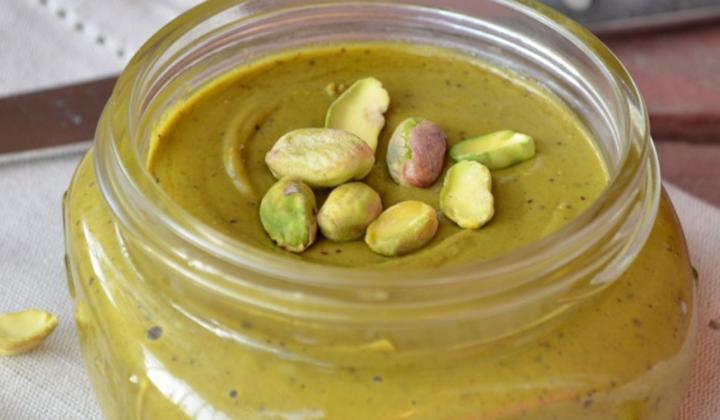Recovery from Endurance Activities
Why Recovery Is Important
Recovery nutrition is all about giving the body the fuel it needs to replenish, rebuild and adapt to the training stimulus it has endured. If fuel isn’t provided, the gains from the workout will be compromised and will limit performance and adaptation in subsequent sessions. Poor recovery nutrition can also have an impact on the maintenance of lean tissue mass and immune function.
When It’s Important (and When It’s Not)
Although getting recovery nutrition right can be important, but how important depends on the length and intensity of the workout. For most runs or rides that are about 90 minutes in duration, there’s no need for any specific recovery protocols. Unless it’s an especially sustained hard effort, such as a 25-mile time trial, or particularly demanding on your musculoskeletal system, such as sprint intervals, a snack like a handful of pistachios would be ideal to satisfy hunger until the next meal. Drinking a recovery drink, as a matter of course after every workout, will only result in unnecessary calories, potential fat gain and a waste of money.
For longer and harder sessions that last more than 90 minutes, the body will be significantly depleted, and will require more recovery nutrition, and a meal should be consumed within two hours, especially if another exercise is scheduled for the next day.
Muscular vs Metabolic Recovery
There are really two main aspects of recovery that needs consideration from three points of view: nutritional, muscular and metabolic.
Muscular recovery is about rebuilding and repairing our muscles that have been damaged and stressed by the exercise. When we exercise, we actually cause some of the proteins within our own bodies to start to breakdown. This is known as a catabolic response. Once we finish exercising, we’re in a state where our bodies can rebuild and extend these proteins, as long as they have the correct fuel. This rebuilding process is referred to as an anabolic phase. For endurance athletes, this rebuilding process is primarily concerned with producing mitochondria, the energy-producing powerhouses of cells.
Metabolic recovery is primarily concerned with restocking the body’s energy and fluid, in particular the carbohydrate stores. It also involves the muscles replenishing their intra muscular fat, which may have also been used during the workout.
A lot has been talked about in regards to the “golden window of opportunity” and replenishing the body’s carbohydrate stores, and that we should prioritize taking in carbs within 20-30 minutes of finishing our workout. However, the studies that led to this advice involved completely depleting the subject’s carbohydrate stores. If we fuel well during our workout, this shouldn’t happen. The body would be able to replenish its stores via regular meals.
Getting the carbohydrates in quicker is important if we’re training or racing again the following day or doing a double session day. If we have chosen foods that don’t replenish us, or we emptied our tank on a finishing effort, getting those carbohydrates in as quickly as possible would be advisable.
What the Body Needs
To fuel muscular recovery, quality protein is required rather than carbohydrates. A 20g serving of plant-based protein is required, and it can come from a variety of foods or even a vegan protein powder mixed in 500ml of water. Remember, a serving of pistachios provides 7g of protein.
For metabolic recovery, we should aim to eat within 2 hours of finishing our workouts as well as consume 1g of carbohydrate per kg of bodyweight. For rides or runs of over two hours, the amount should increase to 1.5g/kg.
How the Pros Recover
When I’m working on a stage race, my priority after my riders cross the line, is to get a protein shake into them as quickly as possible. Along with providing the 20g of quality protein they require for muscular recovery, it also delivers valuable hydration and stops them reaching for a can of cola.
Once they’re back on the team bus, I encourage them to keep hydrating, and are given a rice-based recovery meal that’s easy to digest and will replenish their carbohydrate stores. This will see them through to their evening meal, once they’re back at the hotel.
Top Tip
We can actually kick-start our recovery before the workout ends by measuring out a serving of plant-based protein powder and using this to fill our final drink bottle. By sipping this during the final 20-30 minutes of the run or ride while cooling down, will be both the end of our current session and the start of the next.
Plant-Based Recovery Drink.
This is a simple tasty plant-based recovery drink that provides about 20g of protein and 30g of carbohydrates. If more carbohydrates are needed, add another banana or also add frozen berries, which can really make the drink refreshing.
Soya Milk 350ml (12oz)
Banana 1 medium
Pistachio butter 30g (1 oz)
Add all the ingredients into a food processor and blend until smooth. If you do not have the pistachio butter you can use whole kernels but soak them overnight in the soya milk and then blend until smooth.
◄Go back to: The Plant-based Athlete













